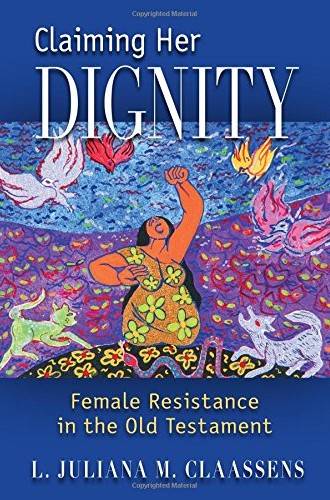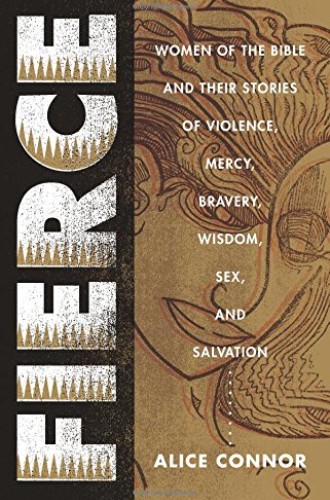One of my favorite divinity school classes was “Women of the Bible,” taught by Tikva Frymer-Kensky. Every minute of the lectures—during which she primarily read us chapter drafts for the book she was writing—was glorious. She was at once a scholar and a storyteller. I thought of Tikva when I read these two books about biblical women. L. Juliana M. Claassens is a first-rate scholar, and Alice Connor is an engaging storyteller. When read together, their books create the kind of environment I encountered in that divinity school classroom: one that challenges me to take seriously the Bible’s context and history of interpretation while also risking personal immersion in the stories.
Claassens’s study examines four types of nonviolent resistance that are manifest in the stories of women in the Bible: resistance against war, rape, heterarchy (patriarchy viewed through an intersectional lens), and precarity (poverty viewed intersectionally). She deliberately excludes stories of violent resistance, such as Jael’s assassination of Sisera, arguing that “violent resistance is not an option in the violent world in which we live, as violence quite regularly begets more violence.” But there’s plenty to be celebrated, and plenty more to challenge readers, in the stories of nonviolence that she includes. Claassens compassionately engages the stories of biblical women—Rizpah, Tamar, Hagar, and many others—with diverse conversation partners, from Martha Nussbaum to Toni Morrison to Jacqueline Lapsley to Judith Butler to Dora Rudo Mbuwayesango. My beloved Tikva Frymer-Kensky even appears in these pages.
This book is scholarly in method and tone, but it isn’t without its storytelling moments, many of which are grounded in Claassens’s experiences as a white woman in South Africa. She notes that “in South Africa today, one finds the great folly of a widespread myth that having sex with a virgin daughter may cure one from HIV and AIDS,” a phenomenon that she views through the story of the daughter of Jephthah. Negotiating deftly between the views of Delores Williams and Renee Harrison, Claassens ponders the usefulness of comparing Hagar’s experience with the experiences of black women today:






